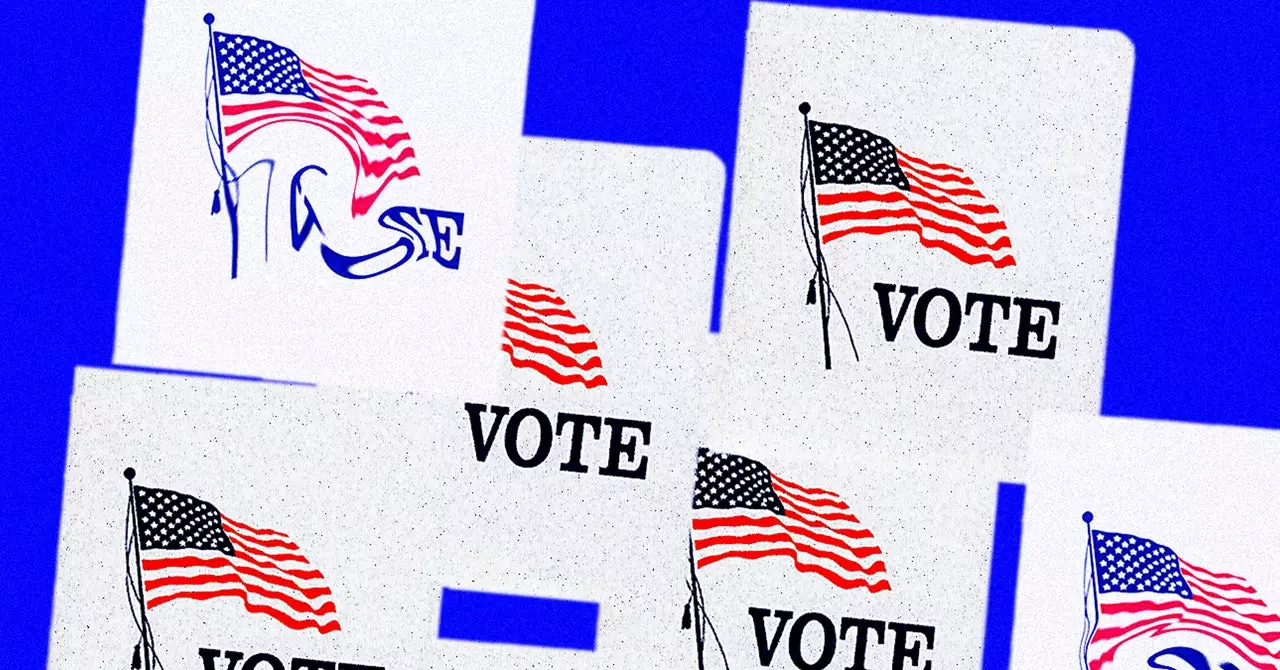When looking at the use of Generative AI tools like BattlegroundAI in political messaging, the first concern that arises is the issue of accuracy. These tools have been known to “hallucinate,” essentially making things up without any basis in reality. The idea that political content generated by AI could potentially be misleading or false is alarming, especially in a time where trust in politicians and political messaging is already at a low point. The reassurance that human review is required before content is released may help alleviate some of these fears, but the question remains – how thorough is this review process and how can we be sure that all generated content is accurate?
There is a growing movement that opposes the use of AI tools in generating creative content without explicit permission. The idea that tools like ChatGPT are being trained on various forms of art, writing, and other creative works without consent raises serious ethical questions. It begs the question of who truly owns the content that AI tools are trained on and whether or not this practice is truly ethical. Addressing these concerns requires a deeper conversation with Congress and elected officials to establish guidelines and regulations for the responsible use of AI in creative content generation.
One potential solution to the ethical questions surrounding AI-generated content is to offer language models that solely train on public domain or licensed data. By providing users with the option to choose content generated from verified and authorized sources, it could help alleviate concerns about the origin and accuracy of the information presented. Hutchinson’s openness to exploring these options is a step in the right direction towards creating more transparent and ethical practices in AI-generated content.
The progressive movement’s concerns about automating ad copywriting are valid, as the fear of replacing human labor with AI technology is a common worry. However, Hutchinson argues that AI tools like BattlegroundAI are meant to complement human work, not replace it entirely. By taking over repetitive and mundane tasks, AI can help free up human resources to focus on more creative and meaningful aspects of political messaging. This balance between efficiency and ethics is crucial in ensuring that AI technology is used responsibly and ethically in the realm of political communication.
The use of AI in political messaging also raises questions about public trust and perception. While some argue that there is nothing inherently unethical about using AI to generate content as long as it is disclosed to the public, others worry about the broader impact on trust in political messaging. With the proliferation of fake news and misinformation, the addition of AI-generated content could further erode public trust in political institutions and the media. This loss of trust could have far-reaching consequences on how people engage with political messaging and make decisions based on the information presented to them.
The ethical dilemmas surrounding the use of AI in political messaging are complex and multifaceted. While AI technology has the potential to streamline processes and make communications more efficient, it also raises serious concerns about accuracy, transparency, and trust. Addressing these challenges requires a concerted effort from policymakers, tech companies, and the public to establish guidelines and ethical standards for the responsible use of AI in political communication. Only by navigating these complexities thoughtfully and ethically can we ensure that AI technology enhances rather than undermines the democratic process.


Leave a Reply